Security update: US commits $60 million to the G-5 Sahel anti-terrorism force
On Monday, October 30, the United States formally committed $60 million in funding to a new United Nations supported anti-terrorism force proposed by the G-5 Sahel Nations, which include Mauritania, Mali, Burkina Faso, Chad, and Niger. The anti-terrorism force will deploy 5,000 security personnel by March 2018 drawn from all five countries.
The Sahel region is comprised of the semi-arid parts of western and north-central Africa extending from Senegal eastward to Sudan. The region has significant rebel and terrorist activity with ongoing unrest in Mali and attacks in both Burkina Faso and Niger. The recent death of four U.S. troops in Niger has particularly brought back focus to unrest in the region.
The new mission will cooperate with the ongoing French deployment in the region, known as Operation Barkhane. Creation of the group was unanimously approved by the U.N. Security Council in June 2017. However, funding beyond the initial $57 million by the five participating countries and $58 million by the European Union have yet to be mobilized. Even with this new pledge by the United States, the group remains far from being fully funded as operations are expected to cost around $490 million a year. The EU will be holding a donor conference in Brussels in December to raise additional funding for the anti-terrorism group’s operations.
Politics update: Liberian and Kenyan election updates and Guinea-Bissau protests
Liberia halted preparations for its November 7 run-off elections on Tuesday, October 31, following the Liberian Supreme Court’s decision to summon the electoral commission to respond to allegations of fraud during the October 10 presidential election. The court said it had reviewed a legal complaint related to electoral fraud filed by three political parties—including the main opposition Liberty Party, as well as the ruling Unity Party and its presidential candidate, Vice President Joseph Boakai. The legal complaint argued that general fraud in addition to the late opening of polls and a lack of order in the voting lines influenced the first round poll. Although no candidate won a majority of votes in the first round, forcing a runoff, George Weah, a former international football player, won the highest plurality of the vote at 38.4 percent, followed by Vice President Boakai with 28.8 percent. On Wednesday, West African leaders—including Guinean President Alpha Conde, chairman of the African Union, and Togolese President Faure Gnassingbe, chair of the Economic Community of West African States (ECOWAS)—held mediation talks with Weah and Bokai at the recommendation of current Liberian President Ellen Johnson Sirleaf in an attempt to prevent a political crisis.
Meanwhile in Kenya, incumbent President Uhuru Kenyatta was declared the winner of the October 26 electoral re-run. Following a boycott by opposition candidate Raila Odinga, Kenyatta garnered 98 percent of the vote although turnout was just 38 percent, compared to 80 percent during the August elections. Odinga and opposition supporters continue to call for another re-run, given the indefinite suspension of voting in several polling areas known for being opposition strongholds due to protests.
In another news, approximately 1,000 opposition protesters in Guinea-Bissau gathered on Friday, October 27, to call for the resignation of the country’s government. Guinea-Bissau has been in political crisis since August 2015, when President Jose Mario Vaz fired then-Prime Minister Domingos Simoes Pereira, leader of the African Party for the Independence of Guinea and Cape Verde (PAIGC). Since then, a political stalemate has prevented legislative action or budget proposals from being adopted, which has affected state services, including health and education. The protesters marched to express their frustration over the current crisis and call for the president and his government to step down.
Economic update: Nigeria’s up-and-down week
On Monday, the International Monetary Fund advised Nigeria’s Central Bank to consider asking banks to recapitalize in order to strengthen their financial coffers, as they serve a crucial role in Nigeria’s macroeconomic recovery process. Within that realm, on Tuesday, the African Development Bank (AfDB) stated that it would consider a $400 million loan to Nigeria in order to support its growth and recovery efforts. Nigeria has been in talk with the bank for a year, in order to collect the second tranche of a $1 million loan, for budget support. The loan has been restructured and instead of solely providing budget support, it will be redirected toward “specific projects,” stated Amadou Hott, African Development Bank vice president for power, energy, climate change, and green growth.
On a positive note, Nigeria has been improving its domestic resource mobilization efforts. Finance Minister Kemi Adeosun stated that the revenue from the value added tax revenue between January and October 2017 increased by 19.78 percent, from the same period last year, reiterating the Nigerian government’s desire to expand the country’s tax base. The country is also broadening its power infrastructure efforts: Earlier this week, the country signed an agreement with Russian state-owned company Rosatom to increase the availability of electricity. The deal, which is, according to reports, worth $20 billion, involves the construction of two nuclear power plants, one in the south and one in the center of the country.
On the security front, the Nigerian government agreed to pay victims of the 1967 civil war $244 million in reparations, after failing to remove landmines and other explosives, which were left behind after the civil war ended. The judgement was adopted by the ECOWAS community court of Justice. 57 percent of the money will go directly to the victims of the war; the remaining 43 percent will go toward removing abandoned bombs and other lethal weapons.
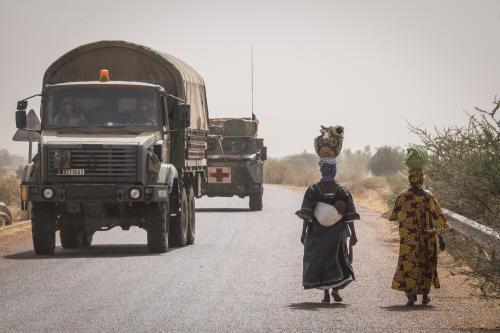
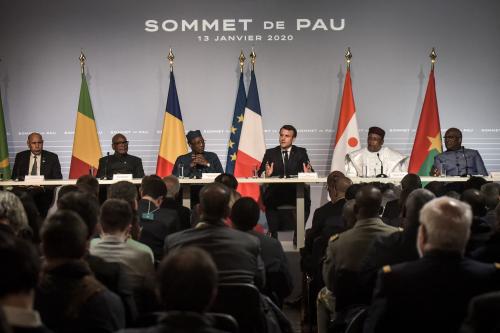
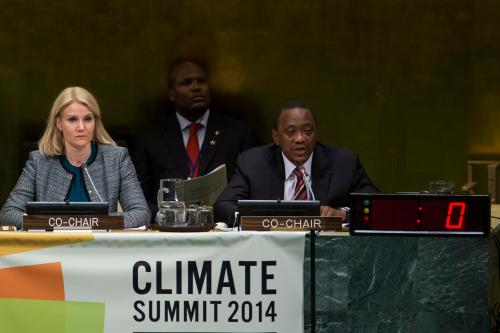

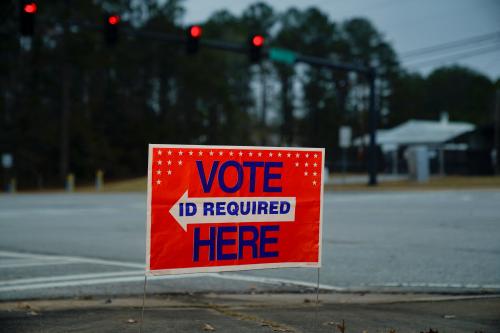
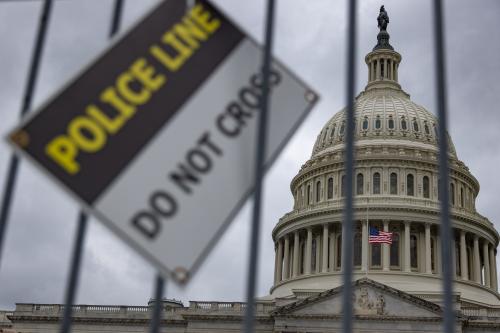

Commentary
Africa in the news: Sahel security, Liberian and Kenyan elections, and Nigerian economic updates
November 3, 2017